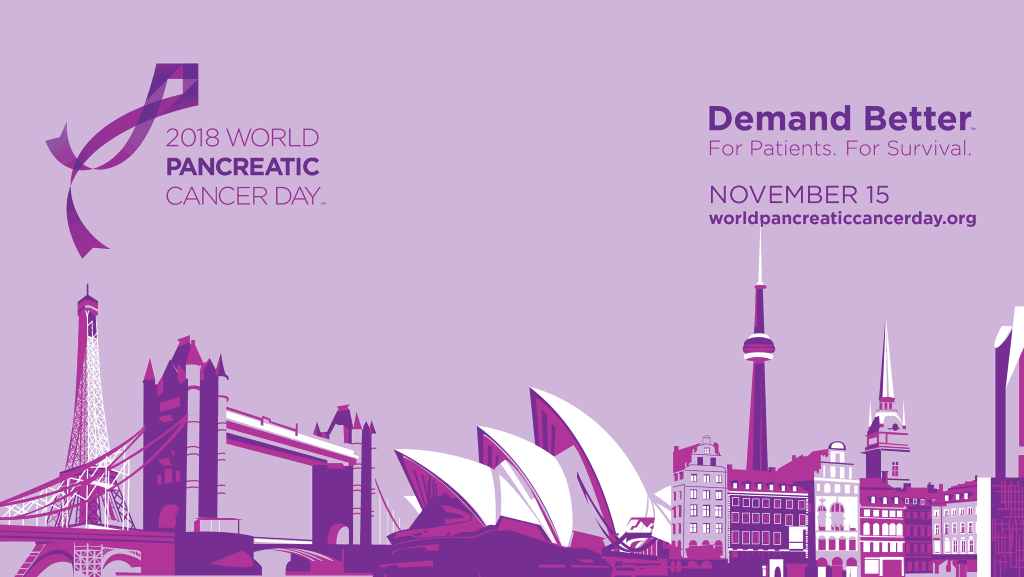BUCKHANNON, W.Va. — The City of Buckhannon’s regular citycouncil meeting is scheduled for tomorrow evening, Thursday, Nov. 15 at 7 p.m., which is also World Pancreatic Cancer Day. They are asking all who plan to attend to please wear purple in support of those fighting pancreatic cancer, to raise awareness about the disease, and to encourage more research for a cure.
PANCREATIC CANCER FACTS
(Compiled by the Pancreatic Cancer Action Network)
• Pancreatic cancer recently moved from the fourth to the third leading cause of cancer-related death in the United States and is anticipated to become the second around 2020.
• Pancreatic cancer is one of the nation’s deadliest cancers, with a five-year survival rate of just 9 percent.
• In 2018, an estimated 55,440 people will be diagnosed with pancreatic cancer in the United States, and approximately 44,330 will die from the disease.
• Pancreatic cancer is the eighth most commonly diagnosed cancer in women and the 11th most commonly diagnosed in men.
• Risk factors for developing pancreatic cancer include family history of the disease, age, chronic or hereditary pancreatitis, smoking, obesity and long-standing diabetes. These and other risk factors are still being investigated.
• Pancreatic cancer may cause only vague symptoms that could indicate many different conditions within the abdomen or gastrointestinal tract. Symptoms include pain (usually abdominal or back pain), weight loss, jaundice (yellowing of the skin and eyes), loss of appetite, nausea, changes in stool and recent-onset diabetes.
• The location of the pancreas deep in the abdominal cavity is a factor hindering early detection of pancreatic cancer.
• Surgical removal of the tumor is possible in less than 20 percent of patients with adenocarcinoma, the most common type of pancreatic cancer. Chemotherapy or chemotherapy with radiation may be offered before or after surgery.
• Chemotherapy or other drug therapies are typically offered to patients whose tumors cannot be removed surgically. The National Comprehensive Cancer Network’s guidelines for the treatment of pancreatic cancer state that clinical trials are the preferred option for treatment.
• There are complex biological features of a pancreatic tumor that distinguish it from many other cancer types.
• High-priority research areas being explored in pancreatic cancer include identifying biomarkers for early detection using registries of patients with a family history of pancreatic cancer, developing drugs that target specific gene mutations, understanding how the tumor microenvironment alters drug delivery and harnessing the immune system for the treatment of pancreatic cancer.














